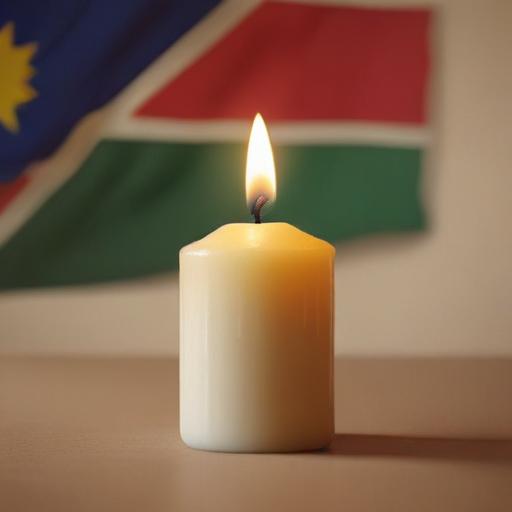WINDHOEK, Namibia — On Wednesday, Namibia commemorated its inaugural genocide remembrance day, honoring the mass killings of Indigenous Herero and Nama people perpetrated by German colonial forces in the early 20th century. This significant event, which was declared a national holiday last year, took place for the first time in the gardens of the national Parliament in Windhoek.
Between 1904 and 1908, tens of thousands of Herero and Nama individuals faced massacre and internment in horrific concentration camps, leading to widespread starvation under the command of General Lothar von Trotha. This tragic chapter is marked as the first genocide of the 20th century, with historians estimating the deaths of approximately 65,000 Herero and at least 10,000 Nama people.
In a poignant address during the ceremony, Namibian President Netumbo Nandi-Ndaitwah reflected on the painful history, stating, “Many people from the two communities were forced into concentration camps where they were starved to death and their skulls were taken to Germany for so-called scientific research.” She emphasized that these atrocities are integral to Namibia’s collective narrative of resistance and resilience.
Germany formally acknowledged these acts as genocide in 2021 and agreed to allocate 1.1 billion euros ($1.3 billion) over 30 years for various development projects in Namibia. However, the Namibian government has expressed dissatisfaction with this arrangement, insisting on additional reparations for the profound suffering endured by its people.
The remembrance day is observed on May 28 to mark the closure of the concentration camps by Germany. During the ceremony, symbolic candles were lit in memory of the victims, attended by both community leaders and descendants of the Herero and Nama peoples.
Over the years, there have been persistent calls from affected communities in Namibia to establish a dedicated day of remembrance. Ongoing discussions between Namibia and Germany regarding reparations and reconciliation have continued for a decade. In a gesture of goodwill, Germany returned more than a dozen skulls and human remains to Namibia in 2018, which had been part of racially charged scientific studies in German institutions.
This day serves not only as a somber reminder of the past but also as a testament to the ongoing journey towards understanding, reconciliation, and healing for the Namibian people.
